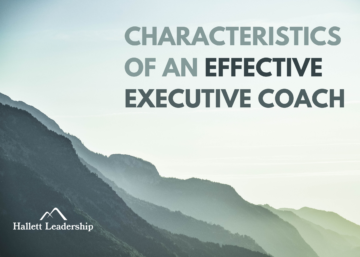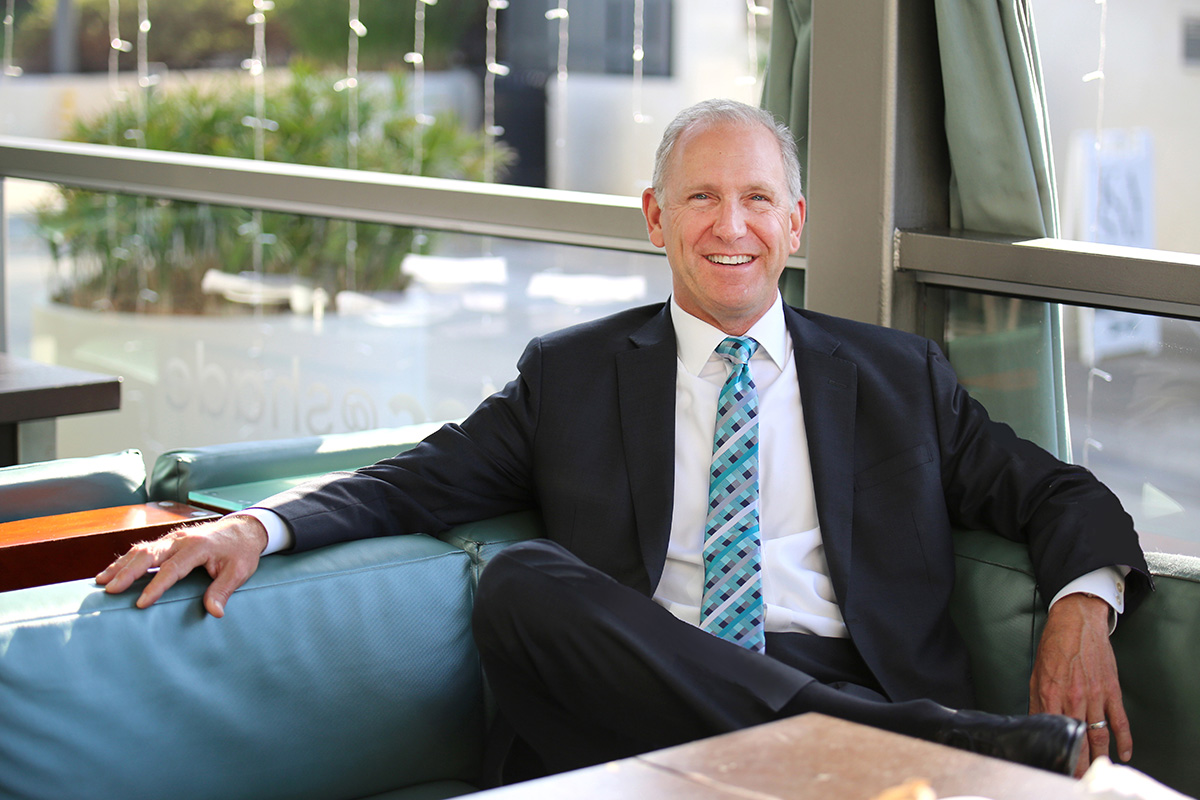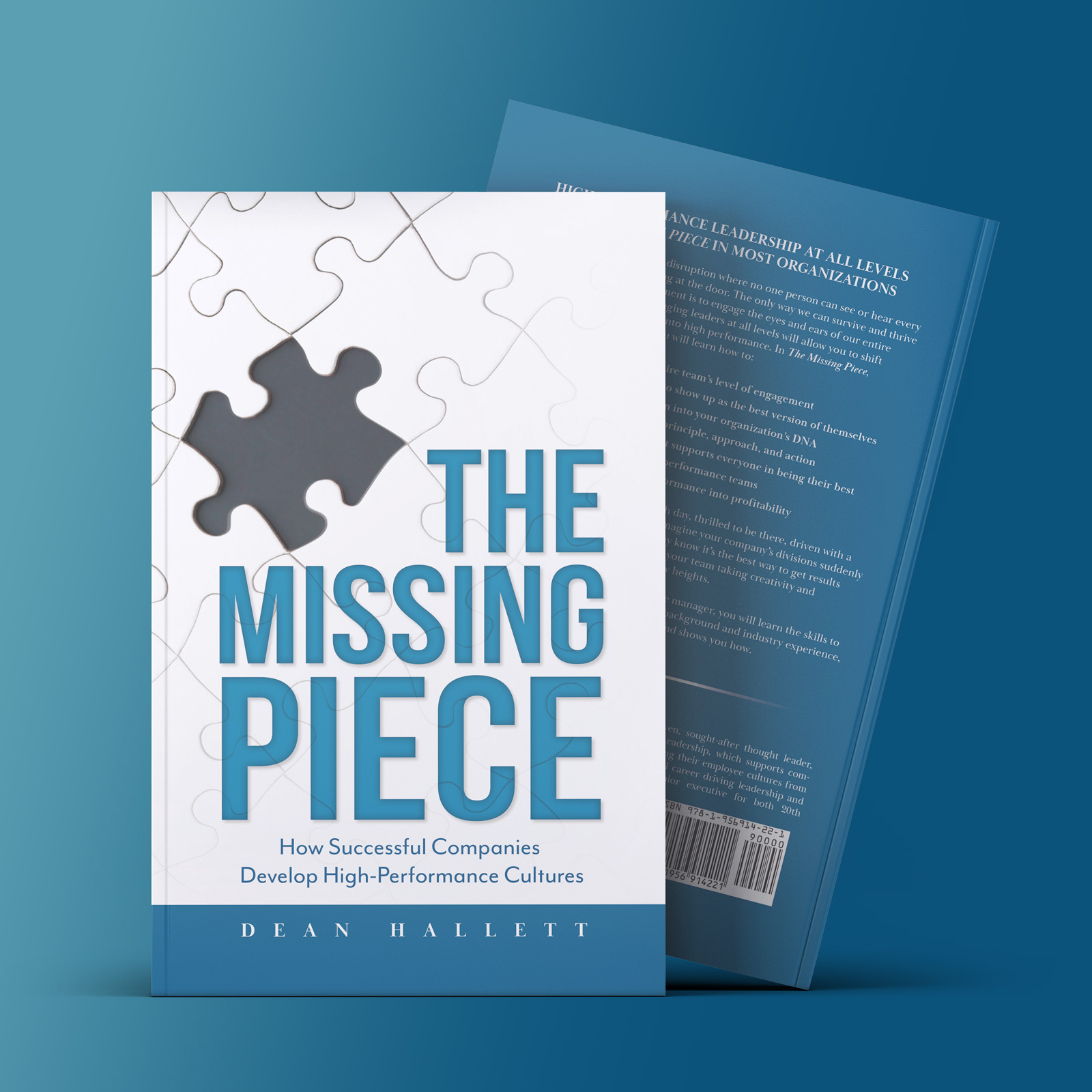How to select an executive coach? It’s an important question. Today, there are many, many executive coaches from which an individual or an organization can choose. Today, we would like to explore some criteria for selecting an executive coach that will help ensure the best possible return on investment.
Personal connection is certainly important – after all, you will be working with your coach over the medium to long term. However, leading with personal connection as a prerequisite for selecting a coach can be challenging.
Why?
First, personal connection often develops over time and can be hard to gauge at a first meeting. Second, coaching candidates looking to select coaches based on personal connection may actually (and even unconsciously) opt for coaches that are less likely to challenge their current fixed beliefs and fixed behaviors, an essential step in reaching new levels of discovery. We all develop fixed beliefs and fixed behaviors over the course of our lives, and some coaches are more willing and adept than others at opening our eyes to new perspectives and approaches. Ideally, you want to select a coach with whom you believe you can develop deep levels of mutual trust and respect. Someone who is willing to point out your blind spots and provide constructive feedback necessary to spur true positive development.
With that foundation, here are three criteria for selecting the right executive coach for you, or another member of your organization.
Background
Many executive coaches bring robust theoretical backgrounds to the table as skilled academicians, PhD psychologists, therapists, or even adventurers and athletes. While theoretical training and experience in competitive, non-corporate domains can be valuable, consider carefully if the coach you are considering has not lived in the trenches of corporate activity.
Real world experience in an executive coach is of primary importance, because their theories are grounded in reality. In the course of a coaching engagement, it is highly likely that the client will confront challenges or opportunities demanding immediate attention. Circumstances like these call for good theoretical frameworks, but they can also require grit, seasoned instinct, and emotional commitment. A coach with real corporate experience, and a successful track record navigating similar challenges and opportunities, frequently has more to offer a client in a practical situation than a coach with great theoretical frameworks, but no personal experience in a corporate setting.
Philosophy
There is potentially a unique philosophy for every coach in the marketplace. While interviewing a prospective coach, inquire about the guiding philosophy of their service. Pay particular attention to how they describe their approach.
Does their approach seem prescriptive, or follow an out-of-the-box method? (First we do X, then we cover Y, and cross the finish line with Z.)
Or is their approach contextual? In other words, are they focused on process and qualities?
For example, at Hallett Leadership we follow the Be-Do-Have model with our coaching clients.
At the heart of this is supporting the client to grow in authenticity. The goal of developing authenticity is to get beyond the image that the client has created in order for the world to perceive him or her in a certain way. All people create such images, and maintaining them can be exhausting. Also, when we are presenting our images and not our authentic selves, those we are leading often feel a disconnect, which can lead to decreased levels of trust and respect.
The reason we support our clients in developing authenticity is because authenticity is at the heart of high performance leadership. Authentic people can forge strong interpersonal bonds and authentic relationships with their co-workers. Authentic relationships are a prerequisite for influence. In a workplace, people with genuine influence achieve better outcomes through their working relationships.
Following the Be-Do-Have model, coaching clients first tap into their true, authentic self – essentially who they are underneath the layers of images they have developed over the years. . From here they develop stronger influence in their working relationships, allowing them to do what is necessary to drive higher levels of collaboration. Following this, they open up the possibility of having success by achieving their desired outcomes. And because these shifts are initiated from the inside out, they are more likely to be integrated into the individuals’ ongoing behavior.
A prescriptive coaching philosophy that works on external factors and tactical adjustments to the individual’s behavior, ignores the source – the coaching client himself or herself. Such an approach isn’t nearly as likely to achieve enduring results.
Alignment With Philosophy
The last criterion for how to select an executive coach is very simple, as well as the most subjective. Does the coach give the impression of being aligned with the philosophy he or she professes?
First meetings are where we all strive to put the best image of ourselves forward, so this can be difficult to discern. Perceiving a coach’s personal alignment with their philosophy requires asking questions, observing, and listening carefully – but in the final tally, actions often speak louder than words.
Did the manner of scheduling the meeting align with the coach’s stated philosophy? Were they punctual, polite, and professional?
Is the coach relaxed, or tense? Does he or she seem confident, or unsure?
Does the coach engage well, listen deeply, and ask thought-provoking questions?
Does conversation with the coach enable you to imagine what it would be like to work with him or her?
While there are many factors to consider in choosing a coach, following these guidelines of vetting background, exploring coaching philosophy, and the coach’s perceived alignment with his or her professed philosophy are simple criteria for entering into a fruitful coaching engagement.
Conclusion
We hope this discussion has been helpful for you in the process of vetting and selecting the right executive coach. If you are interested in exploring what executive coaching with Hallett Leadership might look like for you or another member of your organization, we invite you to contact us.





